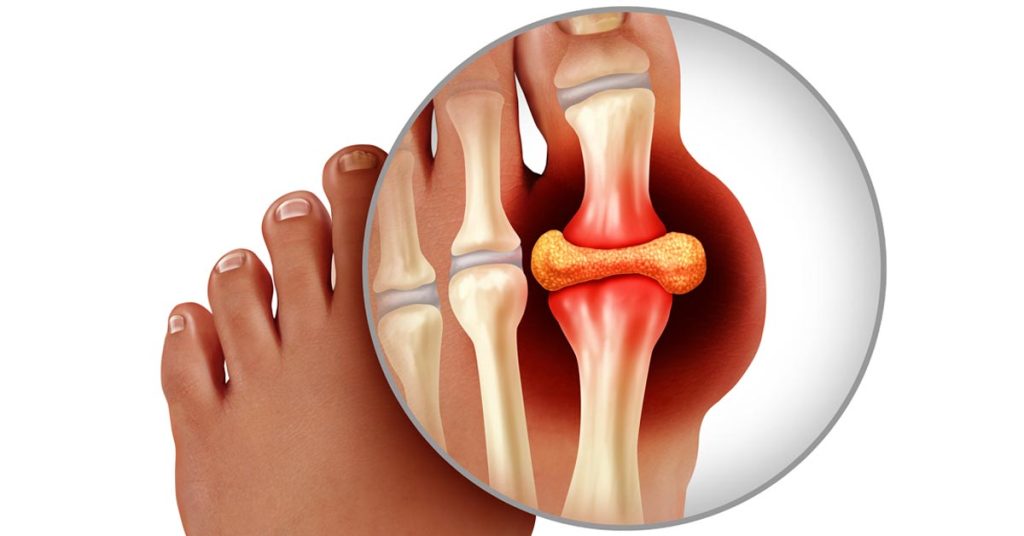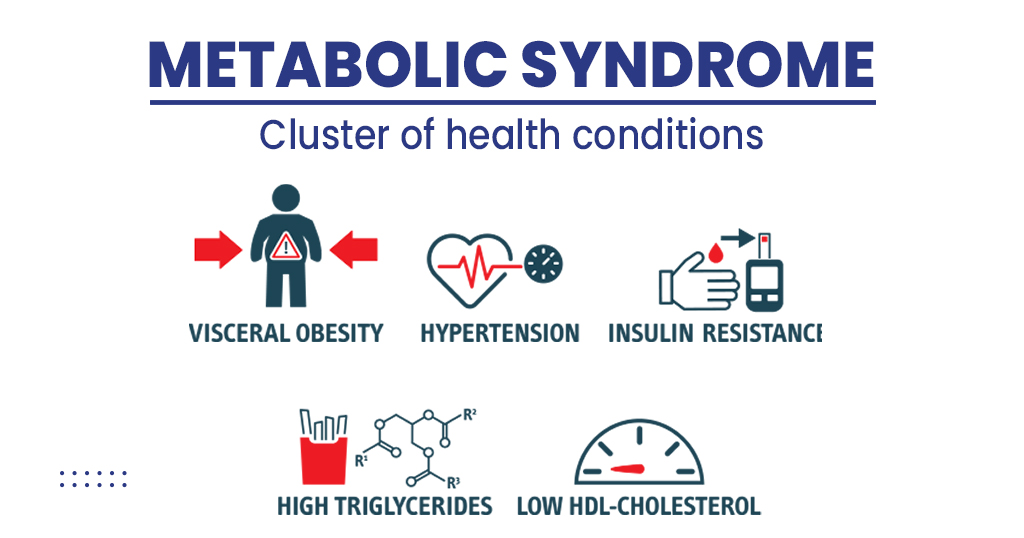The Risk of Depression May Rise If You Eat French Fries.
According to a recent study, eating fried meals frequently is associated with greater rates of anxiety and sadness.
According to the study, eating fried foods frequently—especially fried potatoes—increases your risk of developing anxiety and depression by 12% and 7%, respectively.
This, according to experts, is due to a number of factors, such as disruption of the lipid metabolism, an increase in inflammation, and gut disruption.
Try boiling, poaching, or grilling your meal as an alternative to frying it to limit your intake of fried foods.

The two mental illnesses that are most common worldwide are anxiety and depression.
Fried foods make up a large portion of the Western diet and are becoming more popular everywhere. Consuming processed or fried foods, sweet goods, and alcoholic beverages have been related to an increased risk of depression, according to prior research.
Additionally, studies suggest that frying may alter the nutritious makeup of food and release toxic compounds. Acrylamide is produced when carbohydrates are fried, such as potatoes, and it has been connected to neurological problems, metabolic syndrome, and obesity.
Few research have looked into how acrylamide might impact anxiety and depression up until this point. Additional research into this connection may help shape public health initiatives and dietary treatments for mental health issues.
Researchers have recently looked into the relationship between eating fried meals and depression and anxiety. They discovered that eating fried food, particularly fried potatoes, is associated with a higher risk of developing anxiety and depression.
How the research was carried out?
The study, which covered 140,728 participants, found that eating regularly unhealthy fried foods increases one’s risk of anxiety and depression by 12% and 7%, respectively.
The pollutant known as acrylamide found in fried foods, according to the researchers, is “strongly associated” with an increased risk of anxiety and depression.
It has been established that this pollutant causes neuroinflammation and perturbs lipid metabolism, both of which have an impact on mental health.
Even though many who enjoy fried food may be disappointed by these findings, there is a positive aspect to them. We may be able to lower our risk of developing some mood disorders by paying closer attention to what we eat.
Examination of the impact of fried food
The researchers started by looking at data from 140,728 individuals in the UK Biobank. During an average follow-up period of 11.3 years, data on fried food consumption and the prevalence of anxiety and depression were collected.
The researchers found 12,735 cases of depression and 8,294 cases of anxiety towards the end of the study period. Overall, they discovered that compared to non-consumers, those who had more than one dish of fried food daily had a 12% higher risk of anxiety and a 7% higher risk of depression.
Males, younger people, and active smokers were most likely to consume fried food frequently. The researchers next looked into potential mechanisms explaining the association between fried foods and depression and anxiety.
They did this by watching how zebrafish were impacted over time by persistent exposure to acrylamide. They discovered that fish exhibited anxiety- and depression-like behaviour when exposed to low amounts of acrylamide.
Following additional tests, the researchers discovered that acrylamide decreased lipid metabolism, caused neuroinflammation, and decreased the blood-brain barrier’s permeability.
Relationship between food and mood
“As opposed to what is frequently portrayed, the relationship between food and mood is far more nuanced. However, there are undoubtedly dietary habits that seem to offer protection, according to Rohini Bajekal, a nutritionist and board-certified specialist in lifestyle medicine at Plant-Based Health Professionals.
“The results of this study are in line with what we would expect to see and are further confirmation of decades of research showing that fried and unhealthy foods in the typical Western diet increase the risk of common chronic diseases and mental health conditions,” says Rohini.
Fried meals contribute to inflammation in the body, which is linked to symptoms of anxiety and depression. This is one of the reasons why fried foods are linked to greater rates of anxiety and depression.
A 2017 study called the SMILES Trial, which Megan Hilbert, a registered dietitian at Top Nutrition Coaching, cites, shows that mental health outcomes were significantly better when a control group adhered to a diet rich in anti-inflammatory foods for 12 weeks.
Inflammation effects on body and brain
Because fried foods contain molecules called advanced glycation end products that stick to tissue, harm it, and promote inflammation, Hilbert claims that a diet high in fried foods contributes to neuroinflammation, or inflammation in the brain.
Although further research is needed on this subject, Hilbert points out that it is hypothesised that inflammation may reduce the release of dopamine and weaken the regions of the brain connected to rewards.
Fried meals also frequently lack fibre, phytonutrients, and healthy fats, all of which have been found to improve brain function. Your digestive system may then be impacted by this.
According to Hilbert, “a deficiency in these compounds can result in a breakdown in the communication between the gut and the brain.” The production of these neurotransmitters is thought to be influenced by abnormalities in our gut microbiota because upwards of 90 to 95% of our serotonin is created there. As a result, it is thought that these imbalances have a negative impact on our mood.
The primary toxin that may be harming mental health, according to the study’s authors, is acrylamide.
Hilbert says that when certain starchy foods are roasted, fried, or baked at high temperatures, a chemical called acrylamide can naturally occur. “Studies have shown that acrylamide is carcinogenic to animals and may be carcinogenic to humans.”
Hilbert emphasises the need of keeping in mind that the acrylamide concentrations utilised in animal experiments were at extremely high dosages.
Foods that promote mental wellness
We discussed whether there are any foods that can help or prevent depression and anxiety with Dr. Kelly Johnson-Arbor, Medical Toxicologist, Co-Medical Director, and Interim Executive Director at the National Capital Poison Centre, who was not involved in the study.
According to Dr. Johnson-Arbor, “There are no specific foods that have been proven to treat or prevent depression or anxiety.” However, compared to the “Western” diet, the Mediterranean diet, which emphasizes the consumption of fruits, vegetables, legumes, and whole grains, is linked to lower levels of C-reactive protein.
Lower levels of C-reactive protein may help prevent the onset of depression, anxiety, and other illnesses impacted by inflammation because they are linked to inflammation, the author continued.
Consequences
We discussed the ramifications of the study with Dr. Spiegel. He stated:
The results of this study suggest that eating more fried food, particularly potatoes, raises the level of acrylamides in the blood. Depression and anxiety may be brought on by the greater levels of this toxin, which affects how different types of nerve cells in the brain function. Among younger people, the effects are more obvious.
The key takeaway is to limit your intake of fried foods like French fries, hash browns, bacon, and others to special occasions. No more than one dish should be consumed per month, in my opinion. Consuming alcohol frequently may increase anxiety and depression as well as cause a number of other health issues, he said.
REFERENCES:
- https://www.healthline.com/health-news/eating-french-fries-may-increase-your-risk-of-depression
- https://www.medicalnewstoday.com/articles/fried-foods-french-fries-linked-to-anxiety-depression
For Depression medications that have been suggested by doctors worldwide are available here https://mygenericpharmacy.com/index.php?therapy=6

